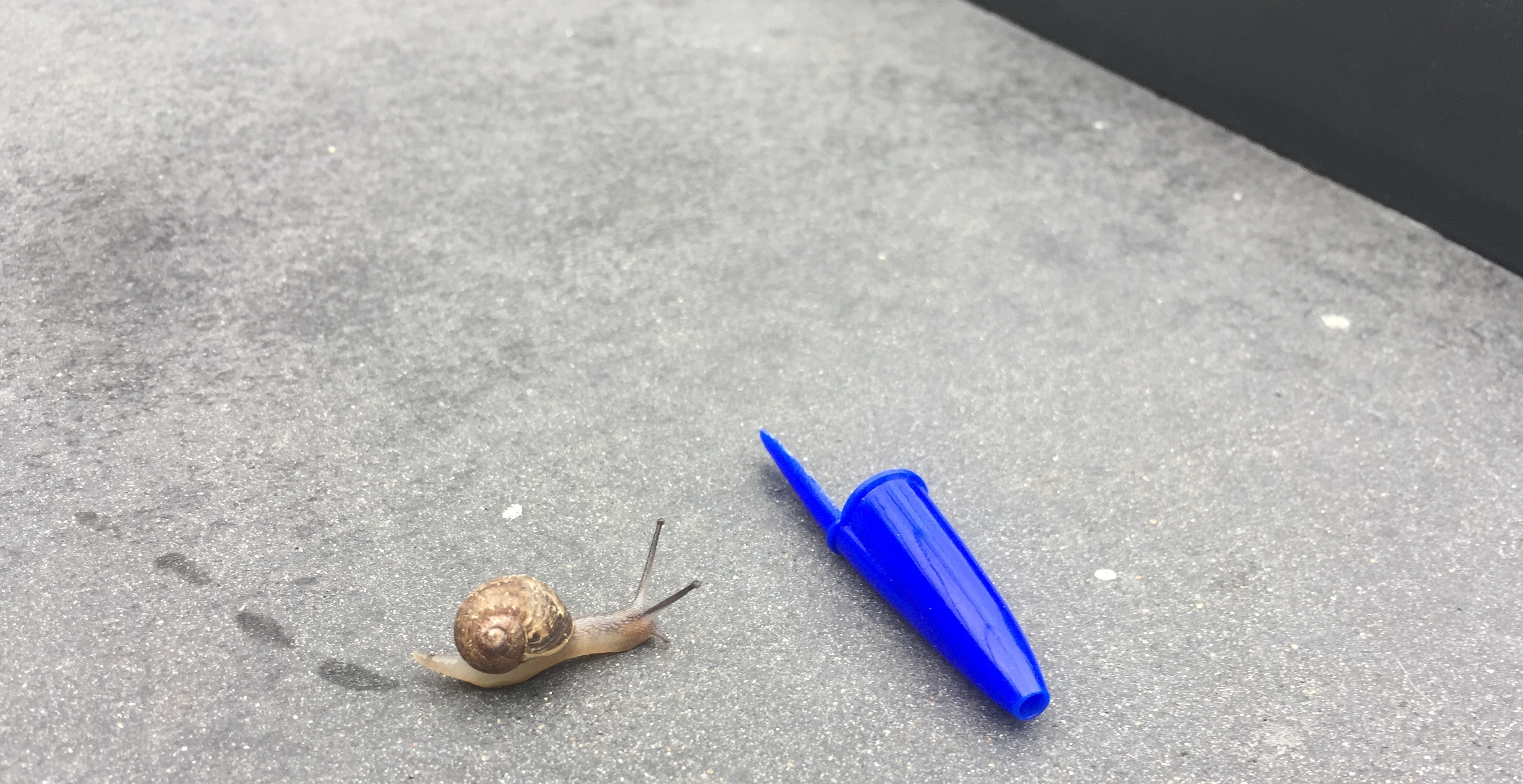Aesthetic Debunking and the Transcendental Argument of the Novel
DOI:
https://doi.org/10.58519/aesthinv.v4i1.11924Keywords:
transcendental argument, illusion of explanatory depth, processing fluency, psychology of aesthetics, novels, debunking argumentAbstract
Gilbert Plumer has recently argued in his (2017) that psychologically rich novels offer the reader an opportunity to draw a transcendental inference: what seems to us believable about the psychology of the characters, can be inferred to be actually true about real human psychology. We propose, first, to disambiguate a key term of art in Plumer’s argument, “believable”. Given that disambiguation, the empirically contingent nature of one of Plumer’s premises comes into view. We raise two main lines of empirically-motivated debunking arguments against that premise, drawing particularly upon the psychological literatures about processing fluency, and the illusion of explanatory depth. We then conclude with some further implications for naturalistic approaches to aesthetics, and the relevance of such debunking arguments.
Downloads
References
Included in main text.
Downloads
Published
Issue
Section
License

This work is licensed under a Creative Commons Attribution 4.0 International License.
Authors who publish with this journal agree to the following terms:
Authors retain copyright and grant the journal right of first publication with the work simultaneously licensed under a Creative Commons Attribution License that allows others to share the work with an acknowledgement of the work's authorship and initial publication in this journal. Note: up to volume 4 issue 1, an incorrect copyright line appears in the PDFs of the articles.
Authors are able to enter into separate, additional contractual arrangements for the non-exclusive distribution of the journal's published version of the work (e.g., post it to an institutional repository or publish it in a book), with an acknowledgement of its initial publication in this journal.
Authors are permitted and encouraged to post their work online (e.g., in institutional repositories or on their website) prior to and during the submission process, as it can lead to productive exchanges, as well as earlier and greater citation of published work (See The Effect of Open Access).






